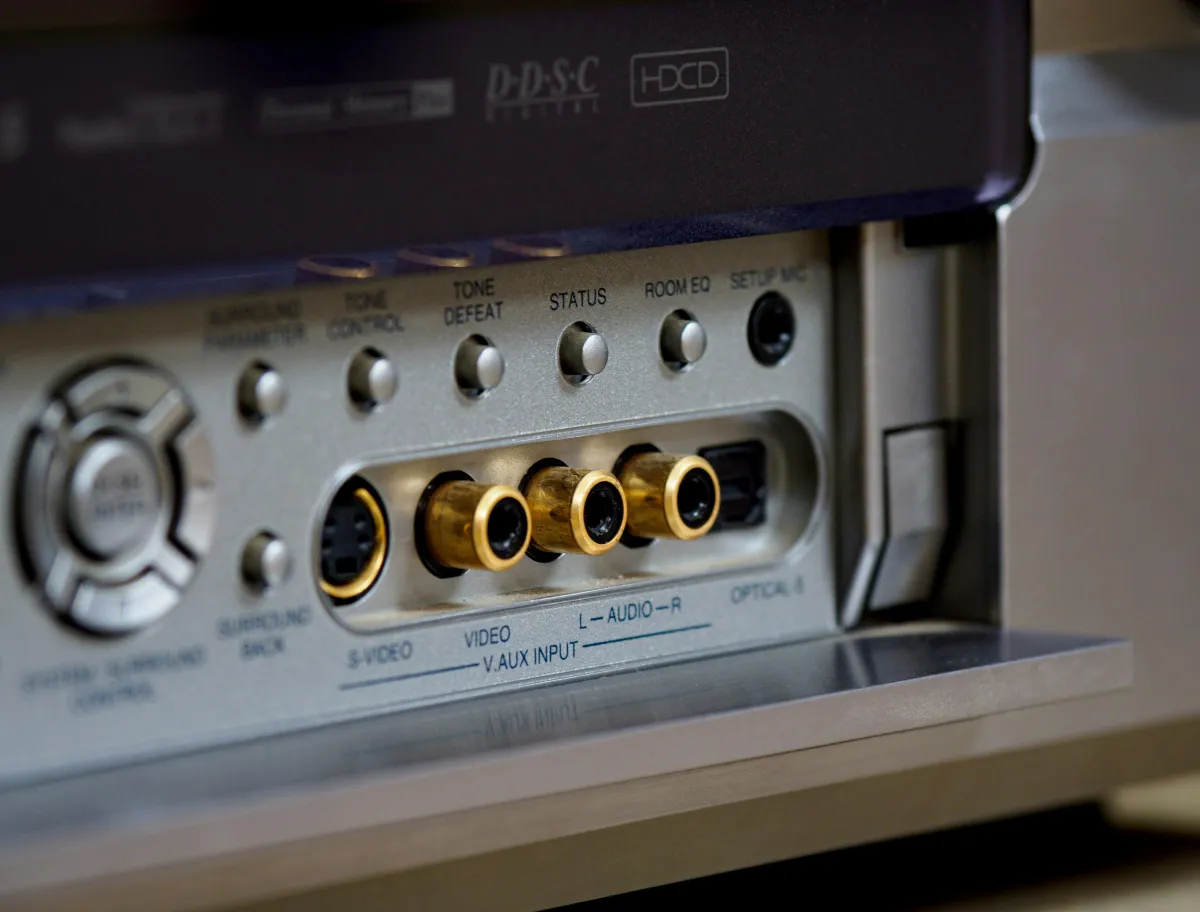
Coping With Unexpected Moments - Part 1
"There’s nothing worse than seeing musicians frantically running around trying to stop the feedback while everyone has their hands over their ears, looking like they are in intense pain!"

What are some unexpected moments we might experience as church piano players?
In the next couple of posts, I'm going to give you some ways in which you can deal with these “unexpected moments" and also a few tips, taken from things I've learnt the hard way, on how to avoid these situations by being well-prepared.
While this is partially related to our previous posts on managing stress points, the focus here is when we are caught by surprise.
So what are some of these unexpected moments that we might experience as church piano players?
I'm going to list a few that are quite common, and then I’ll share some of my own experiences, along with some pointers on avoiding those situations.
The first unexpected moment is...
Needing to change the key of a song last minute
In the previous post, we talked about the stress of needing to change a song at the last minute, but what about if you need to change the key?
While it's not a common occurrence, at least not as a last minute thing, it still can happen.
If you have digital music from a subscription service, you will have the ability to change keys easily. However, if it’s just a piece of music on paper or a digital PDF that can’t be edited, what can you do?
The normal way to approach this, if it was a chord sheet for example, is to go through the chords and change each one the number of whole-steps or half steps that you need to for the new key. I've said whole-steps or half-steps because it’s not an alphabetical progression but rather a scale progression which will involve sharps and flats.
Here's an example: if you have a song in the key of F, and you need to transpose it up one key (which is one wholestep), then for the F chord, you would instead write G. However, if there’s a Bb chord, it’s not going to change to a Cb, but rather to a C, because C is one-whole-step above Bb.
So that’s one way of changing the key; going through each chord and moving it up or down according to the new key. This is definitely much easier if you have a piano there to look at the notes as you do this.
Now if you have an electronic keyboard or piano, here’s a trick that should be obvious, but I always used to forget about it all the time.
Most modern keyboards and pianos will have a “transpose” button somewhere that allows you to instantly go up or down keys without having to play in those different keys. What a great invention!
You could use that if you have it, but please make sure you remember to put it back to the normal key after that song; that’s something I definitely learned the hard way on a few occasions!
The next unexpected moment is...
Microphone Feedback
This is certainly a horrible experience for everyone when it happens as the sound can be earpiercing! If you have a sound engineer, he or she will take care of it, but that’s a luxury for some church piano players. It may well be you are operating the sound system yourself!
To avoid this, you want to make sure the treble setting or the EQ controls to the right hand side are not too high. I won't go into detail here, but to put it simply, if during rehearsal you keep getting a little hum or whistle every now and again, that’s an indicator you need to turn that top end or treble end of the sound system down a notch.
Likewise, if you get a sudden deafening scream of feedback mid song, you will either want to make a dash for the power button as one option (though that may make a loud pop also), or better still, you should turn the treble or higher frequency EQ down on that microphone channel or the global channel as quickly as you possibly can.
There’s nothing worse than seeing musicians frantically running around trying to stop the feedback while everyone has their hands over their ears, looking like they are in intense pain!
The other thing to watch for is making sure your microphones are not too close to your speakers or in front of your monitors as that can cause feedback too.
I hope you don’t experience this, but if it does happen, you'll be glad for this advice!
Next week, we'll continue to look at more unexpected moments that church piano players deal with, and how we can avoid or minimise this.
[Return to The Church Piano Player Website]
This blog post was written by pastor and pianist Kris Baines, from The Church Piano Player. Kris lives in the UK with his family, having recently moved back from New Zealand where he worked as a pastor for the past 26 years (also leading worship/worship teams). Kris has also spent over 35 years writing, recording, and performing music and is now bringing all that combined experience together to help equip church piano/keyboard players.
Check out the church piano player website for more information on online courses by Kris Baines.

📧WANT TO RECEIVE NEW BLOG POSTS DIRECT TO YOUR INBOX?📧
SIGN UP BELOW
